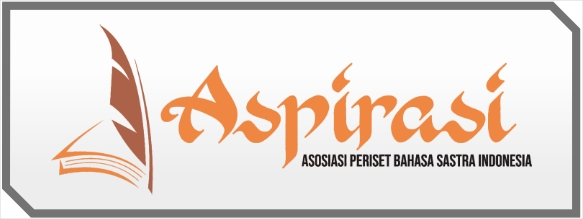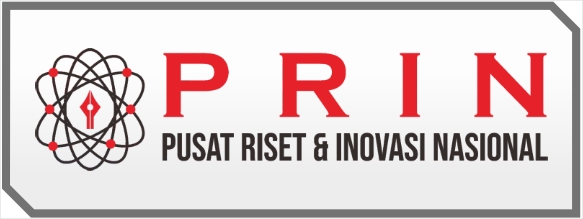Relevansi Pelatihan Kepemimpinan Dalam Organisasi Pendidikan
DOI:
https://doi.org/10.58192/insdun.v2i3.1026Keywords:
Leadership Training, Educational Organization, Modern OrganizationAbstract
Leadership is the art or ability of a person in coordinating and directing each individual or group towards achieving the expected goals. Leadership in an organization is seen as one of the most important aspects. An organization certainly needs a leader in order to run efficiently in accordance with its goals. A leader must not only lead its members but also become a representative of the organization, because a leader has a big influence on how an organization runs. Regardless of the roles and responsibilities of the leader, leadership traits and spirit can greatly help the running of an organization. Leadership training in general does not only aim to produce excellent leaders. It also provides education on organizational dynamics and how to run an organization efficiently. Leadership training that is held at the high school and college level are usually organized by the students themselves, the core of this training is activities organized by students and aimed at students. Leadership training can also be seen as a means to build a positive culture in educational organizations. It triggers active collaboration between staff and students, creating positive interactions within the educational organization. The leadership training takes the form of classroom-based training, workshops and seminars, online training, and mentoring and coaching.
References
Andrew. “Pengertian Revolusi Industri 4.0: Jenis, Dampak dan Contoh Penerapannya.” Gramedia.com, 17 September 2022, https://www.gramedia.com/best-seller/revolusi-industri-4-0/. Akses 13 Juni 2023.
Azhari, A. P., & Azzahra, A. L. (2022). Analisis Karakter Kepemimpinan Organisasi Badan Eksekutif Mahasiswa Keluarga Mahasiswa Institut Pertanian Bogor. PUBLICNESS: Journal of Public Administration studies, 1(2), 117-123.
Day, C., & Gu, Q. (2010). The New Lives of Teachers. Routledge.
Dimyati, H. (2014). Model Kepemimpinan & Sistem Pengambilan Keputusan. Bandung: CV Pustaka Setia
Fullan, M. (2014). Leading in a Culture of Change. John Wiley & Sons.
Fullan, M. (2014). The Principal: Three Keys to Maximizing Impact. John Wiley & Sons.
Goleman, D. (2013). Leadership That Gets Results. Harvard Business Review Press.
Leithwood, K., Harris, A., & Hopkins, D. (2020). Seven Strong Claims About Successful School Leadership. School Leadership and Management, 40(1), 5-22.
Mujamil Qomar. (2007). Manajemen Pendidikan Islam. Jakarta: Erlangga.
Norhasanah, N. (2021). Kepemimpinan dan Keterampilan Kepemimpinan dalam Organisasi pada Pendidikan. Proceeding: Islamic University of Kalimantan.
Rahayu, S., Kurniati, I., Suryani, I., Wahidin, D., & Muchtar, H. S. (2022). Hakikat Kepemimpinan dan Tipe-Tipe Kepemimpinan Pendidikan. Eduprof: Islamic Education Journal, 4(2), 187-198.
Robbins, S. P., & Judge, T. A. (2019). Perilaku Organisasi (Organizational Behavior), Edisi ke-1. Jakarta: Salemba Empat.
Rahayu, S., Kurniati, I., Suryani, I., Wahidin, D., & Muchtar, H. S. (2022). Hakikat Kepemimpinan dan Tipe-Tipe Kepemimpinan Pendidikan. Eduprof: Islamic Education Journal, 4(2), 187-198.
Yukl, G. (2013). Leadership in Organizations. India: Pearson Education.















